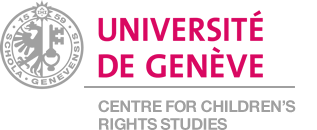Blood Binds: Confronting The Moral And Political Economies Of Orphanhood And Adoption In Uganda - Kristen Cheney
Strong extended-family fostering traditions and beliefs about “blood” as a substance that not only binds kin but also carries pathogens like HIV and certain character traits make formal adoption of unrelated children rare. Even so, there is strong public sentiment against the increasing number of foreigners seeking to adopt Ugandan children in the wake of other African countries closing adoption programs. Institutionalized orphans are thus in a double “blood bind,”—where, on one hand, they are nobody’s children but, on the other, they are Uganda’s children—rekindling Ugandan debates about orphan care against the hegemonic, international moral and political economies of adoption. This article examines how the situation is confronting Ugandan conceptions of kinship, belonging, and child protection—the moral and political economies of Ugandan “blood binds.”
